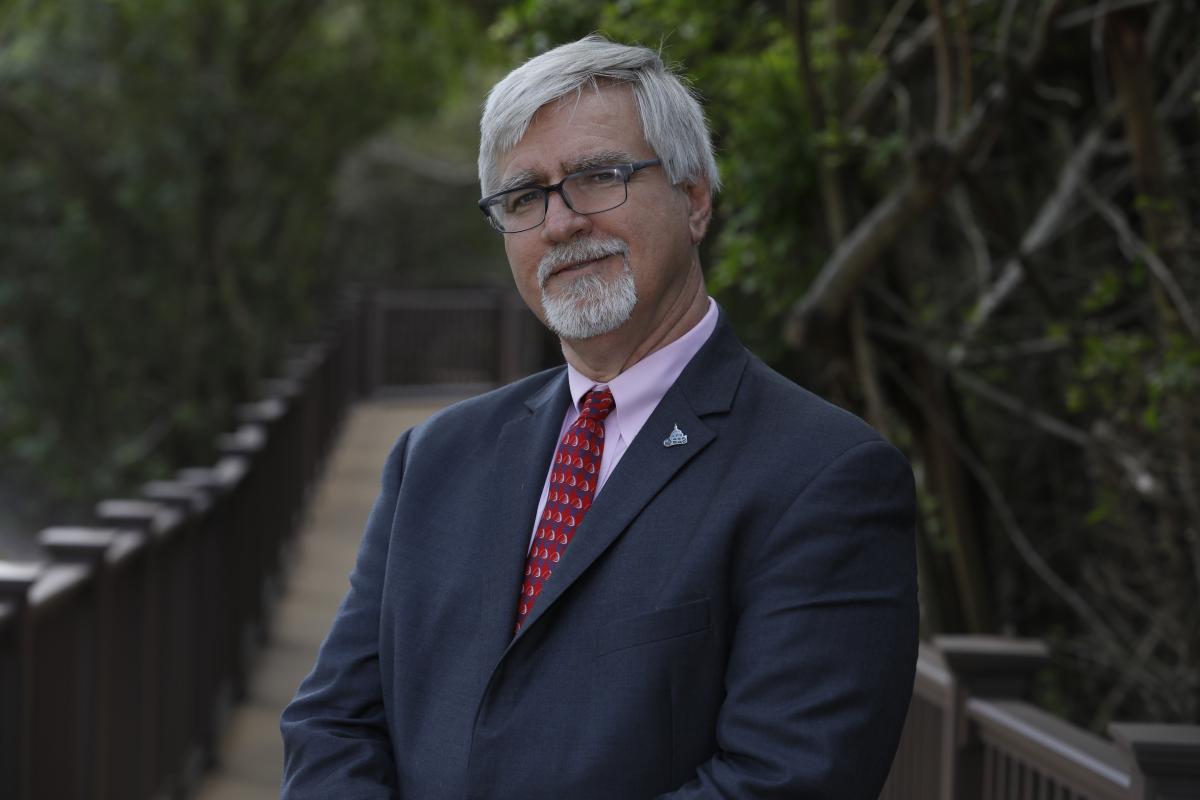Last week the nation’s longest-running gauge of the nation’s retirement confidence painted a bleak, but understandable read on that measure.
 Indeed, in the midst of a volatile (though recently recovering market) and (still) stubborn inflationary impacts[i] (not to mention the near certainty that, as a result, more Fed rate increases are on the way), it would have been disconcerting (if not downright shocking) if a decline in retirement confidence hadn’t been detected.
Indeed, in the midst of a volatile (though recently recovering market) and (still) stubborn inflationary impacts[i] (not to mention the near certainty that, as a result, more Fed rate increases are on the way), it would have been disconcerting (if not downright shocking) if a decline in retirement confidence hadn’t been detected.
As for that reading, the 33rd Annual Retirement Confidence Survey, published by the Employee Benefit Research Institute (EBRI) and Greenwald Research, found both workers’ and retirees’ confidence in having enough money to live comfortably throughout retirement dropped; from 73% in 2022 for those being very or somewhat confident to 64% among workers, and from 77% to 73% among retirees.
Now, “confidence” is a fluid and somewhat subjective measure, of course. It’s about sentiment, not reality – and goodness knows, the data often reported with regard to the actual retirement savings of individuals (though, admittedly, not the same sampling) wouldn’t seem to warrant a high degree of confidence. Still – in the midst of all the current uncertainties – that roughly two-thirds of workers still evince that level of confidence suggests a fair amount of resilience (or ignorance). On the other hand, less than one in five (18%) were in the “very” confident category. And yes, that’s all in the 2008 financial crisis territory.
Indeed, while debt concerns continue to weigh on sentiment, inflation – and its impact on spending and budgets – loomed larger this year than in the past – particularly among retirees, where half now say their overall rate of spending is more than anticipated.
This year’s survey found that about half of workers (but only about half of retirees) have “tried to figure out how much money” they would need to have saved by the time they retire so that they could live comfortably in retirement – and there’s some comfort to be found in that finding. But then, in previous years when that question was asked (and the number having made an effort to determine need nearly identical) the RCS found that the most common method of ascertainment was – guessing (45%). Which means, of course, that those levels of confidence might be completely unfounded. Indeed, only about two-thirds (69%) said they had personally saved any money for retirement.
Now, we all know that data shows that (even) modest income workers are 12-15 times more likely to save for retirement if they have the opportunity to do so at work. As it turns out, having a retirement plan[ii] also does wonders for your retirement confidence. Craig Copeland, director Wealth Benefits Research at EBRI, shares that nearly three-quarters (74%) of those with a retirement plan are very or somewhat confident in their retirement prospects, whereas just 29% without a plan share that perspective.
Its impact on confidence notwithstanding, and as important as it is to have access to a plan – confidence based on no concrete assessment of retirement needs can be problematic unless you have a plan – for that plan – to go with it.
[i] In fact, the RCS found that roughly 8 in 10 workers and retirees reporting they are concerned inflation will remain high for at least the next 12 months. Additionally, three quarters of Americans are fearful that the U.S. economy will go into a recession over the next year.
[ii] Oddly, while the vast majority (8 in 10) workers expect their workplace retirement savings plan to be a source of income in retirement, fewer than half (49%) of current retirees indicate it is at present.

